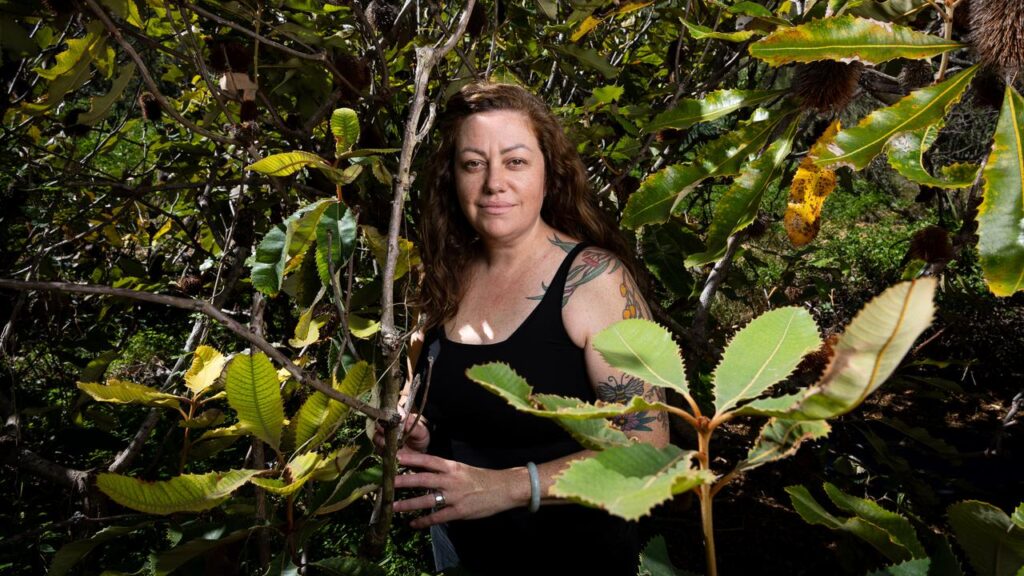Dose of cultural medicine to ‘decolonise healthcare’
Keira Jenkins |

Including cultural medicine in mainstream healthcare may improve health outcomes for Aboriginal and Torres Strait Islander people, but a lack of understanding is impeding access.
While 90 per cent of Indigenous people would like to access cultural medicine, many have difficulty doing so, research from Southern Cross University shows.
Research fellow Alana Gall led the study, which found cultural medicines were largely absent from policy which guides medical practice.
Just nine of 52 policies examined in the study mentioned cultural medicine, Dr Gall said.

“There was little to no guidance on what health professionals should do if their patients are either using or wanting to use cultural medicine,” the Truwulway woman told AAP.
Cultural medicines encompass topical, ingested or inhaled medicines derived from plants and animals as well as foods with medical properties, hands-on healing like massage, ceremony, dance and song, spiritual healing and Country as a healer.
Dr Gall said cultural medicine was often seen as not being “equally relevant” in medical policy.
“We’re calling for what we call medical pluralism, where you have this idea of using both biomedicine, which is our standard type of healthcare in Australia, as well as cultural medicine,” she said.
“It shouldn’t be one at the exclusion of the other.”
Dr Gall said there was a need for better training and information for all healthcare professionals about cultural medicine.

She has been working with the National Aboriginal Community Controlled Health Organisation to develop the first cultural medicine guidelines to combat the lack of information.
“If (medical practitioners) have some guidance around it, they can be more respectful in that space,” Dr Gall said.
“We’re going to see Aboriginal and Torres Strait Islander people feeling safer in those environments from a cultural perspective, but also safer to disclose they’re using them because they’re not just going to be told you have to stop using it.”
But this work is just the beginning.
Dr Gall said including cultural medicines in Medicare and on the Pharmaceutical Benefits Scheme could also empower practitioners and patients.
She said this would require much more work to avoid Indigenous knowledge being appropriated for commercial gain with little or no benefit returned to community.
“I see it as decolonising healthcare, but we need to do things in the right order,” Dr Gall said.
“We need cultural medicines to be integrated into mainstream healthcare, but we also need to put the work into defining, understanding and protecting the knowledge associated with them.”
AAP